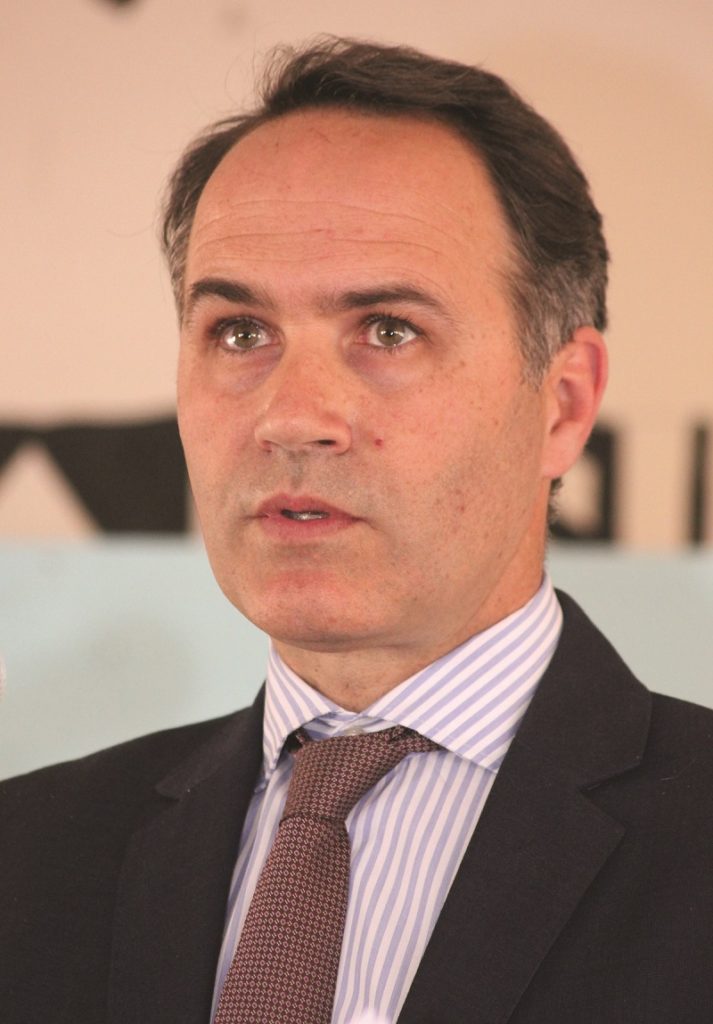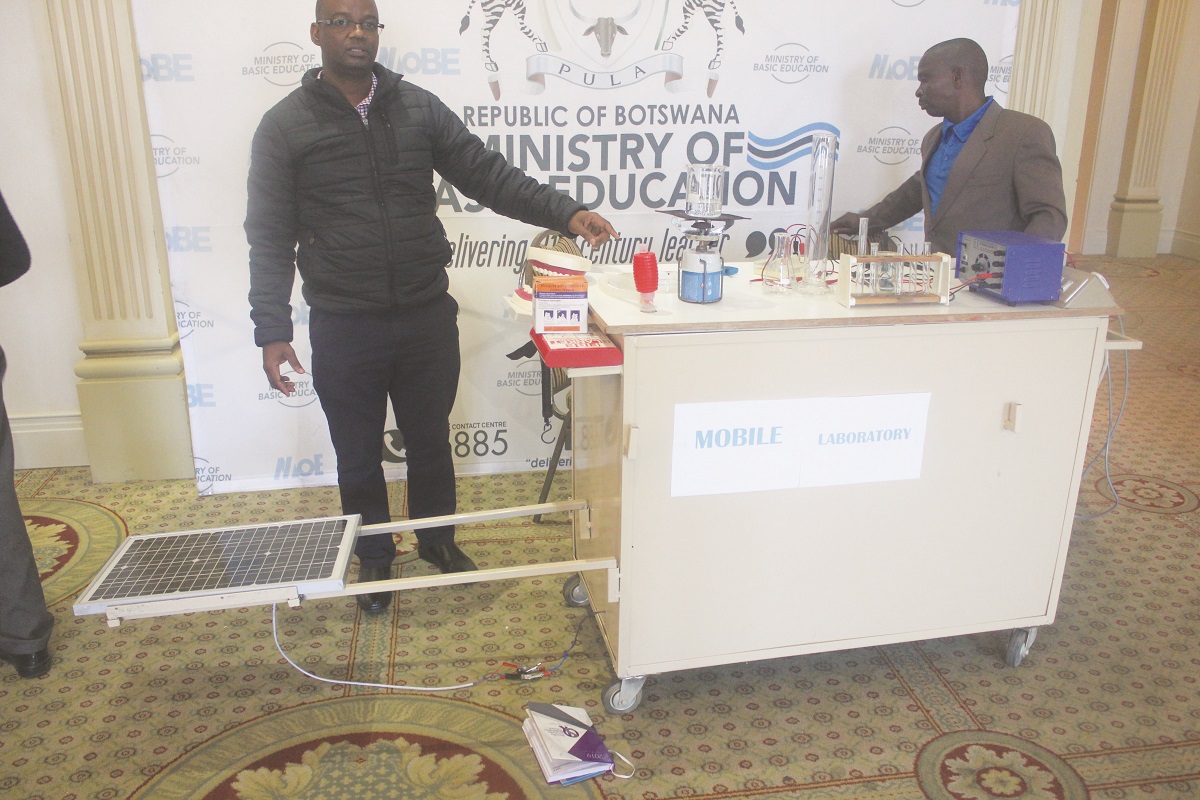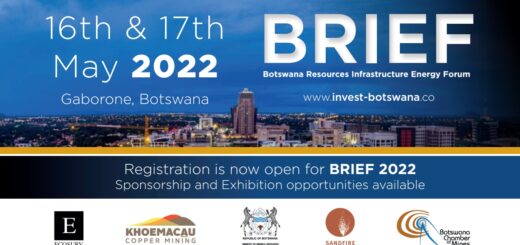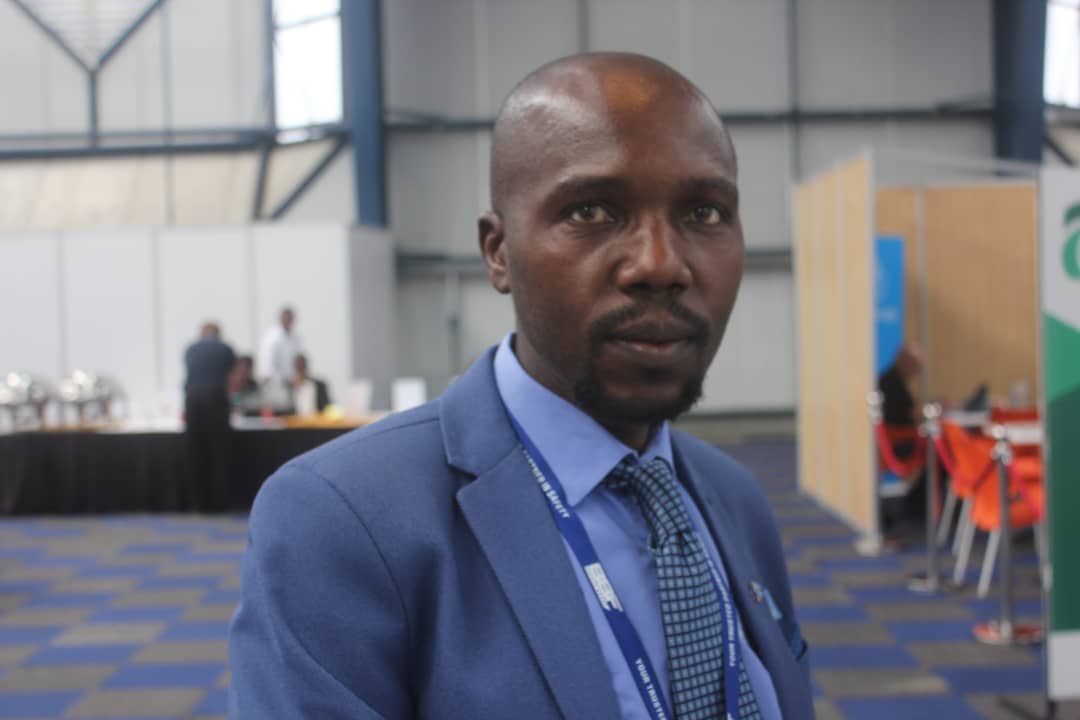EU aids Young Africa Botswana to ‘ Make TVET Cool’

Young Africa Botswana recently held a panel discussion at the Lady Olebile Masire youth center under the communication campaign ‘making TVET cool’. The Head of Cooperation of the European Delegation to Botswana and SADC Mr Federico Beana gave a keynote address to open the panel discussions. In his address he started by laying out two important questions that would provide reflection and these were 1. How can TVET contribute to tackle youth employment and 2. How can we contribute to counter the existing prejudice against TVET?
EU has partnered with Young Africa Botswana in the promotion of TVET. It has funded a new 13 million Pounds (155 million) budget to support the Government and this programme. This is their flagship programme in their bi-lateral cooperation with Botswana and will be implemented also in co-operation with GIZ and the German Cooperation.
Mr Berna said, “One reason for the high youth unemployment across the world is the growing mismatch between the supply and demand for skills. Evidence shows that skills mismatches can be minimized by placing greater emphasis on TVET.” He went on to explain how Botswana is facing a challenge in diversifying its economy out of diamonds and fighting unemployment. He noted that statistically over the period of 2013-2018 the number of jobs created was less than 2 000 per year compared to an estimated 20 000 new entrants to the labour force each year.
“We believe that investing in TVET is the best way to prepare young people for entering and participating successfully in the labour market and for improving overall a country’s competitiveness,” he said. The Head of Cooperation of the EU went on to explain how EU as a case study experienced an average of 50% young Europeans participating in initial VET at upper secondary school level. To make a comparison, in Africa the participations stands at 6% average despite the demographic growth and the high young population. VET systems are diverse across Europe. Some countries have school base systems while others have dual systems. The diversity of systems in Europe shows that there is no one size fits all model and countries need to find solutions which are best adapted to their specific context. Countries which show higher participation in TVET are usually performing better in terms of economic growth and suffer from lower unemployment rates that countries which have lower participation.
Mr Berna pointed out how TVET is still being regarded as a second choice education option despite being economic drivers and aiding social development among the youth. With a tone of euphemism, he expressed how TVET still suffers from low self-esteem, appreciation and appeal. “This is because historically and culturally it is associated with less social advantaged groups and blue collar jobs. In people’s minds TVET is also associated with low academic performance, poor quality provision and obstructed future pathways. In most cases these concerns are justified as most TVET pathways do not lead to tertiary education, teachers are lowly paid and under-qualified and also the learning and curricular activities are outdated, he explained.
In concluding his address, he took time to state how ‘we can make TVET cool’:
- Improve relevance by focusing on skills anticipation and create partnerships between public and private institutions.
- Foster permeability and progression opportunities by ensuring that TVET is not a dead end but leads to multiple training pathways and further education.
- Integrate on-the-job training and lifelong learning into the TVET curriculum to ensure that graduates are job ready and adaptable to changing skills requirements.
- Improve quality by improving funding so that TVET institutions can attract high quality teachers. Upgrade training facilities and invest in teachers continuous training and professional development.
- Promote multi-factor governance systems, by including the participation of the private sector in curriculum design, training and mentoring.
- Showcase TVET’s benefits to parents, the youth and society at large, through information campaigns. Vocational training is not only about mechanics bricklaying and hairdressing but TVET is also about future jobs of the future, digitalisation, automation, robotics even Artificial Intelligence (AI) all linked with the 4th industrial revolution.
In attendance also were representatives from education establishments, youth representatives, members of the media and the Director of Young Africa Botswana Ms Jelena Mitrovic.








